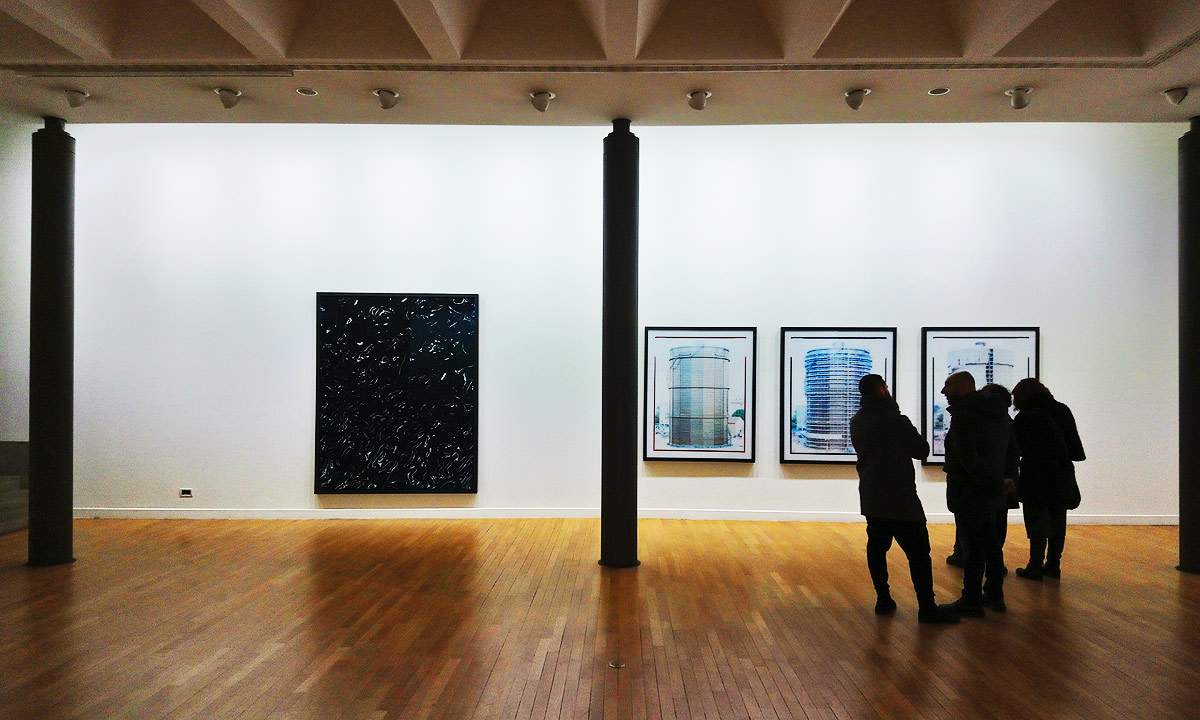The term “museum” could change its official definition in a little over a month: in fact, on September 7, 2019, theGeneral Assembly ofICOM (International Council of Museums, the main international body representing museums, founded in 1946) will be held in Kyoto, during which the proposal for the new definition will be voted on.
The current definition (which can be found on the website of the Italian section of ICOM) is as follows: “a museum is a permanent, non-profit institution, at the service of society, and its development, open to the public, which carries out research into the tangible and intangible evidence of man and his environment, acquires, preserves, and communicates it, and specifically exhibits it for purposes of study, education, and enjoyment.” This definition, which was approved at the 22nd ICOM General Assembly held in Vienna on August 24, 2007, was implemented in Italy by the Ministry of Cultural Heritage by ministerial decree on December 23, 2014.
The new definition to be discussed in Tokyo, which is longer and more articulate, reads, “Museums are democratising, inclusive and polyphonic spaces for critical dialogue about the pasts and the futures. Acknowledging and addressing the conflicts and challenges of the present, they hold artifacts and specimens in trust for society, safeguard diverse memories for future generations and guarantee equal rights and equal access to heritage for all people. Museums are not for profit. They are participatory and transparent, and work in active partnership with and for diverse communities to collect, preserve, research, interpret, exhibit, and enhance understandings of the world, aiming to contribute to human dignity and social justice, global equality and planetary wellbeing” (“Museums are democratized, inclusive and polyphonic spaces for critical dialogue about pasts and futures. Recognizing and addressing the conflicts and challenges of the present, they preserve artifacts and specimens in safekeeping for society, safeguard diverse memories for future generations, and ensure equal rights and equal access to heritage for all people. Museums are nonprofit. They are participatory and transparent and work in active collaboration with and for diverse communities to collect, preserve, research, interpret, exhibit and enhance understanding of the world, aiming to contribute to human dignity and social justice, global equality and planetary well-being.”)
“The importance of giving a definition of ’museum,’” explained Jette Sandahl, chair of the ICOM Committee on Museum Definition, Perspectives and Potential, “lies in the fact that it provides a framework for museums everywhere to relate to and to use as a basis for their own work and activities. Museums are all different, from the smallest to the largest, but they all share a fundamental core, which also functions as a basis for collaboration with other entities, in some countries as a term for relevant legislation, which imposes obligations but also defends museums in certain contexts. The definition of the museum is part of the formation of an identity on which great differences are then grafted.”
On the reasons that led ICOM to reconsider the definition, Sandahl says that “if we look at the current definition of ’museum’ through the perspective of a person living in the 21st century, and if we begin to probe beyond the surface of this definition, we will see that in many ways it speaks of values and assumptions that mostly belong to earlier periods, and it does not speak with the language of the 21st century, it does not address many situations that museums experience today. Today we have an idea of the museum as a place that does certain activities, and allows the public to do as many of them: thus there is no real alignment between museum and community, there is no perception that the museum can also act as an institution to which the current demands and expectations of cultural democracy can be addressed. We are inclined to think of society as a homogeneous subject and not as one full of conflicts, contradictions, great differences. All this does not seem to us to be included in the current definition of ’museum’.”
 |
| Toward a new definition of the word "museum": here is the proposal to be discussed at the ICOM General Assembly |
Warning: the translation into English of the original Italian article was created using automatic tools. We undertake to review all articles, but we do not guarantee the total absence of inaccuracies in the translation due to the program. You can find the original by clicking on the ITA button. If you find any mistake,please contact us.